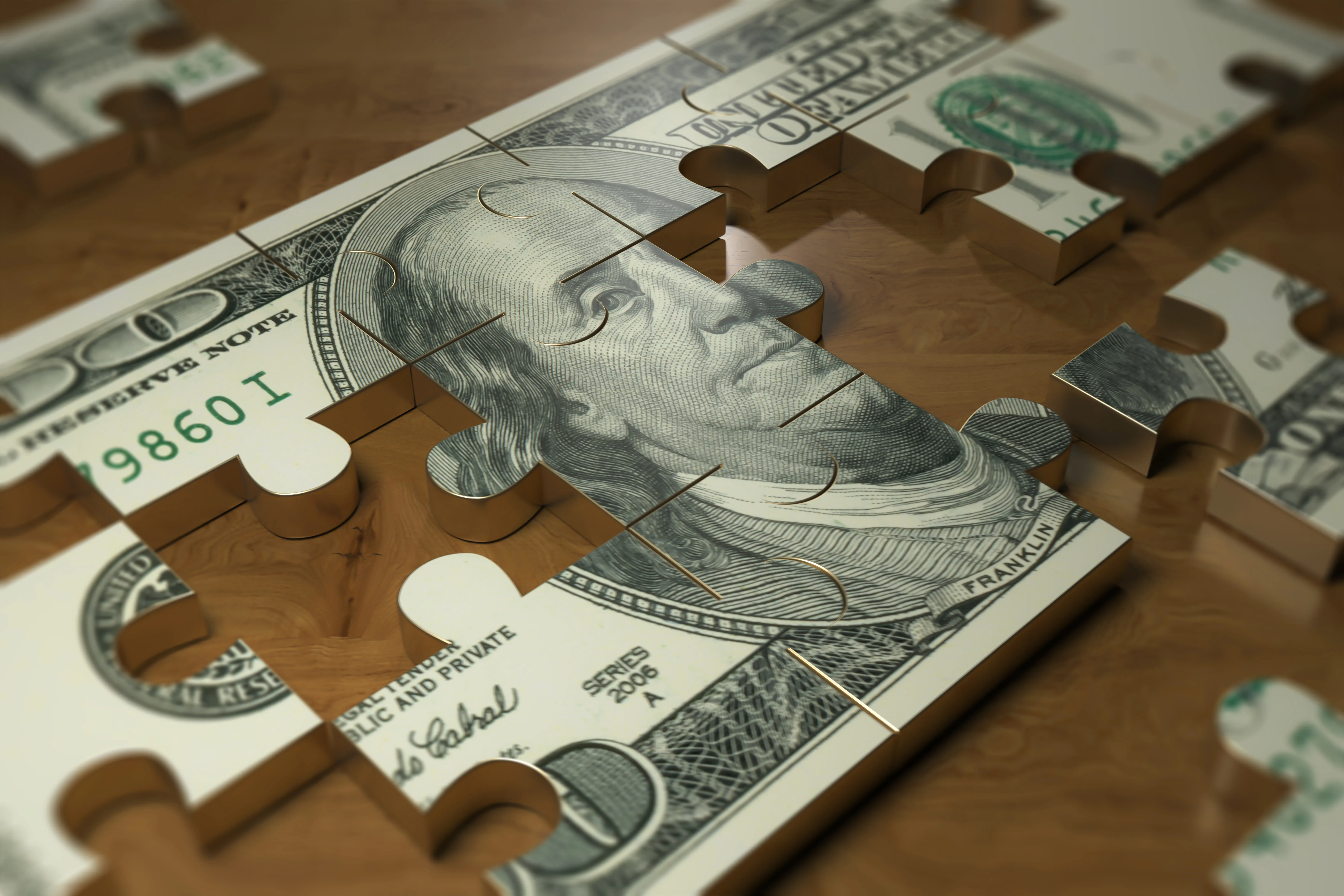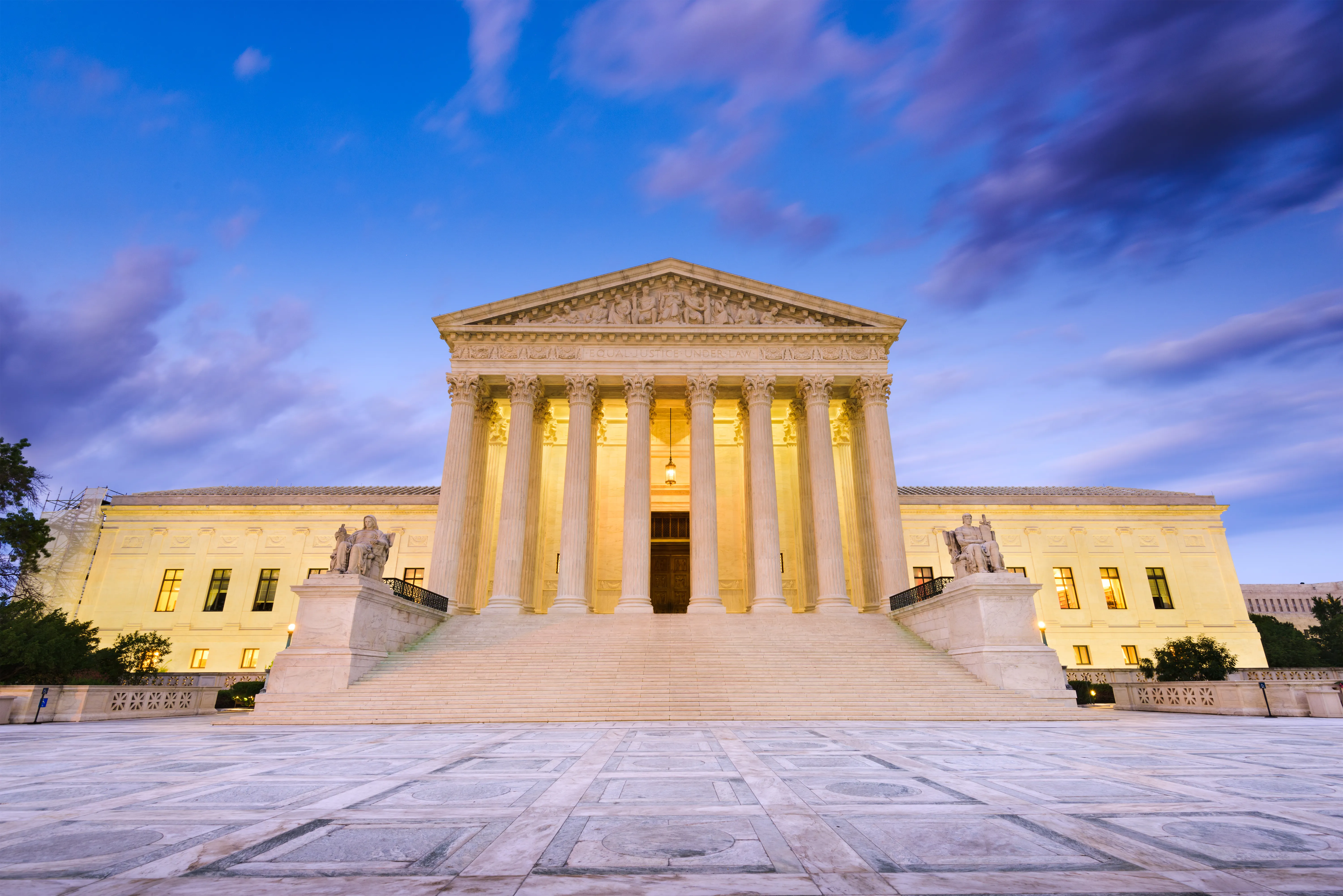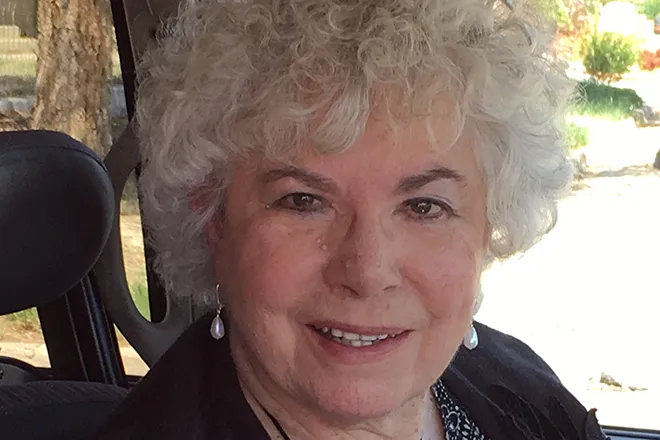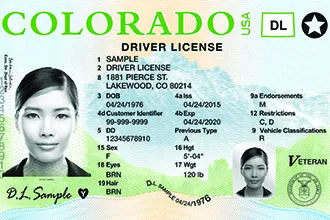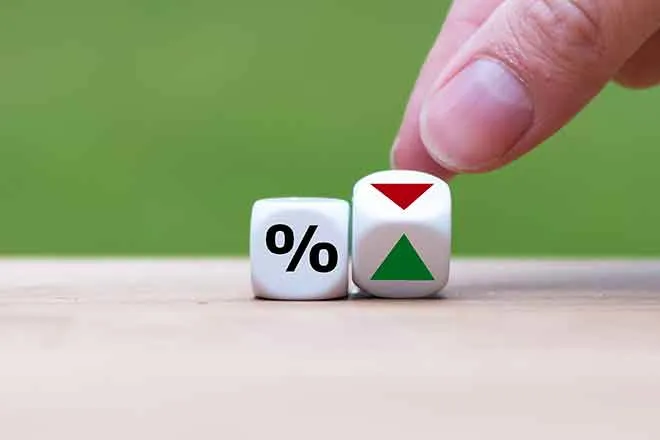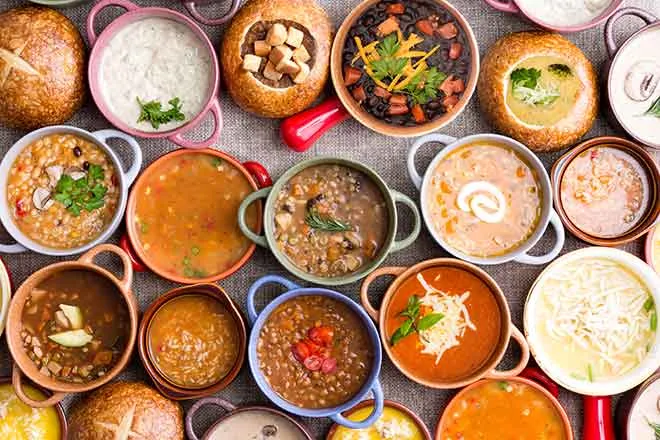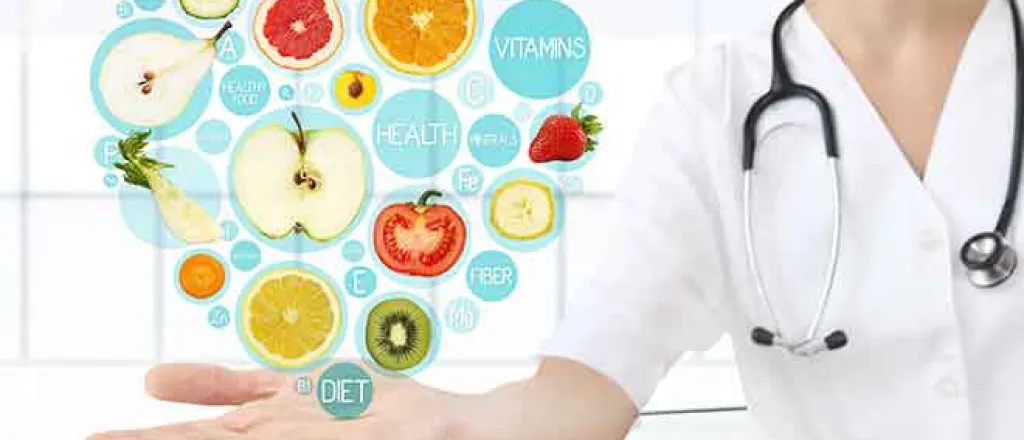
Dear Dietitian – Does tryptophan in turkey really make you sleepy?
Dear Readers,
Soon we will be celebrating one of America’s favorite holidays, a day our ancestors set aside to give thanks for a plentiful harvest. It’s a time to reconnect with friends and family we haven’t seen in a while, with lots of food, fun, and football. Many of us will settle in for a big meal with turkey and dressing, and pumpkin pie. We may eat more than usual, become a bit drowsy, take a nap, wake up and eat some more!
There has been an age-old tale that it’s the turkey at Thanksgiving that makes us sleepy, but is it true? Turkey contains tryptophan, which is an amino acid. The primary purpose of amino acids is to build protein, but they have many other functions. Tryptophan is used to make a B vitamin known as niacin. It is also a precursor to serotonin, a hormone that plays a role in mood and helps us feel calm. So when eating lots of tryptophan-containing turkey, we feel calm and maybe even sleepy. It stands to reason, right? I’ll admit I was fooled by this one. Although turkey contains tryptophan, it also contains many other amino acids, and tryptophan isn’t used to make serotonin unless the body needs it.
There are two mechanisms in place after a large meal that contribute to drowsiness. First, our brains secrete serotonin in response to carbohydrates, and there are plenty of those at the Thanksgiving table: mashed potatoes and gravy, dressing, cranberry sauce, a myriad of pies, just to name a few. Next, our blood sugar levels rise and insulin is secreted so the blood sugar (glucose) can be taken to the cells. This process signals the body to slow down so the food can be digested. The bottom line is we are sleepy because we’ve eaten a delicious meal full of carbs. Thus, don’t blame the turkey when you can’t keep your eyes open because you’ve stuffed yourself!
Stay tuned for next week’s column on how not to blow your healthy eating plan during the holidays.
Until next time, be healthy!
Dear Dietitian



